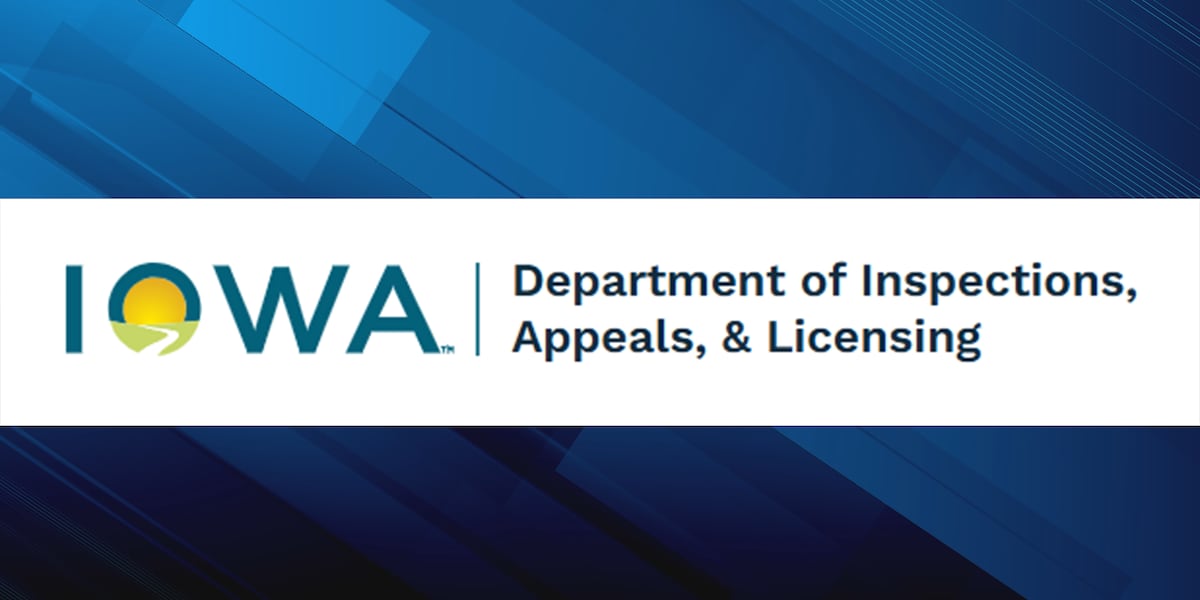OpenAI's GPT-5 and Healthcare: A Risky Balancing Act with the FDA?

OpenAI's anticipated GPT-5 promises unprecedented advancements in artificial intelligence, but its potential foray into providing health advice is raising serious concerns. While the allure of a readily available, AI-powered health assistant is undeniable, OpenAI faces a significant challenge: navigating the complex regulatory landscape of the Food and Drug Administration (FDA) and ensuring the safety and efficacy of its health-related recommendations.
The crux of the issue lies in the lack of robust, verifiable evidence supporting GPT-5's ability to provide accurate and reliable health advice. Current AI models, including GPT-4, have demonstrated a tendency to 'hallucinate' – generating plausible-sounding but factually incorrect information. Extrapolating this to healthcare, where accuracy is paramount, carries potentially severe consequences. Incorrect diagnoses, inappropriate treatment suggestions, or delayed medical intervention could harm patients and create significant legal liabilities for OpenAI.
The FDA's role is to regulate products and services that impact public health, including medical devices and software. While it's unlikely OpenAI would classify GPT-5 as a traditional medical device, the FDA has broad authority to intervene if AI systems are used to provide medical advice or make health-related decisions. The agency has been actively exploring how to regulate AI in healthcare, and OpenAI's actions will be closely scrutinized.
The Potential FDA Scrutiny: OpenAI needs to understand that promoting GPT-5’s health advice without sufficient evidence could trigger an FDA investigation. The agency might issue warning letters, demand modifications to the system, or even seek to restrict its use in healthcare settings. Demonstrating transparency and a commitment to patient safety will be crucial for OpenAI to avoid regulatory backlash.
The Evidence Gap: The current limitation of large language models is their reliance on vast datasets, which often contain biases and inaccuracies. Simply feeding GPT-5 more data isn't a guaranteed solution. OpenAI needs to invest in rigorous testing and validation of its health advice, using clinically validated datasets and involving medical professionals in the evaluation process. Furthermore, the system needs to be able to clearly communicate its limitations and uncertainties to users, emphasizing that it is not a substitute for professional medical advice.
A Path Forward: OpenAI can mitigate these risks by adopting a cautious and collaborative approach. This includes:
- Transparency: Clearly disclosing the limitations of GPT-5's health advice and emphasizing the importance of consulting with a healthcare professional.
- Validation: Conducting extensive testing and validation of health-related recommendations using clinically validated datasets and expert review.
- Collaboration: Engaging with the FDA and medical professionals to ensure its system aligns with regulatory requirements and best practices.
- Explainability: Developing methods to explain how GPT-5 arrives at its health recommendations, allowing users and clinicians to understand the reasoning behind the advice.
OpenAI’s ambition to revolutionize healthcare with AI is commendable, but it must proceed with caution. Balancing innovation with regulatory compliance and patient safety is essential for ensuring the responsible and beneficial deployment of GPT-5 in the healthcare space. Failing to do so could lead to significant legal and reputational consequences, hindering the progress of AI in medicine.


:max_bytes(150000):strip_icc():focal(676x534:678x536)/ChatGPT-phone-081225-036a3a6a300b492a9312b1f5f20cfe9a.jpg)



